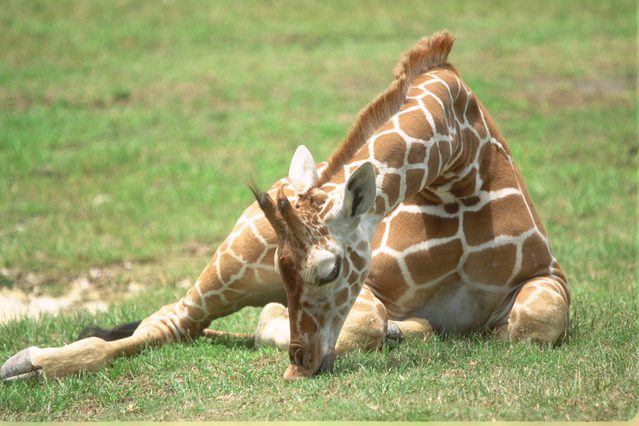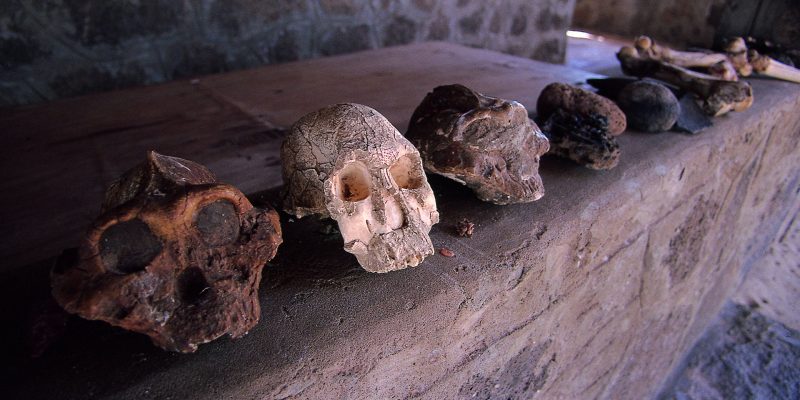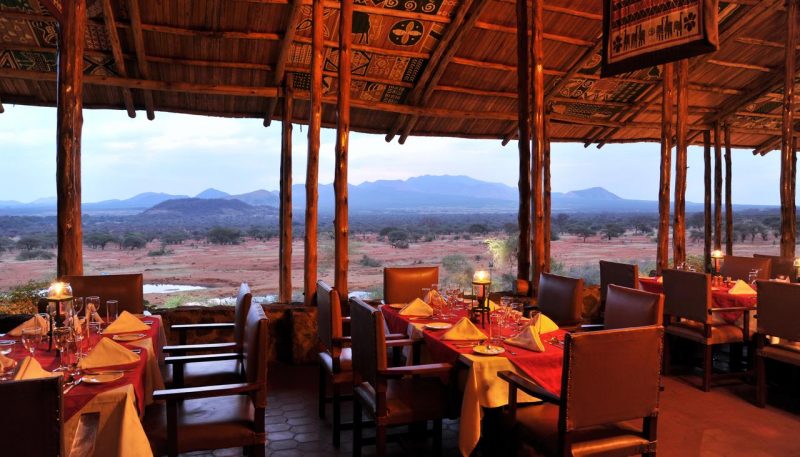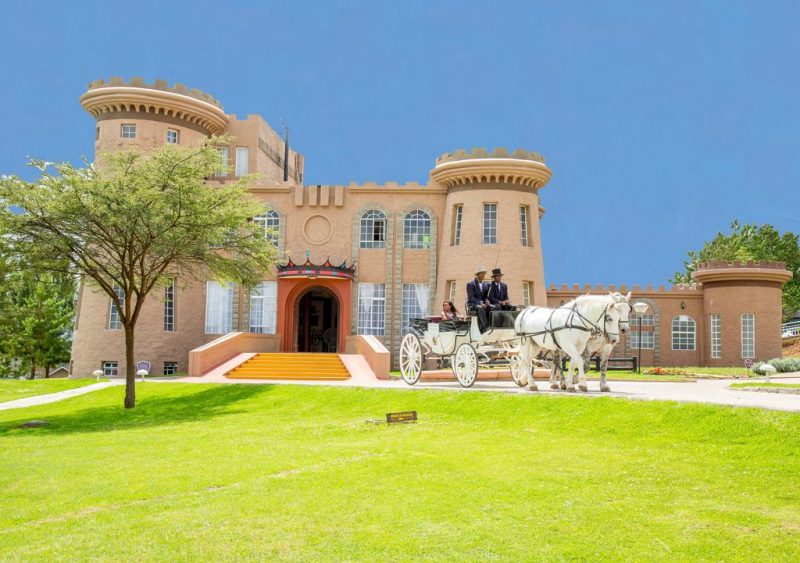COVID-19 Effects On Kenya Tourism
COVID-19 impact
Coronavirus is a new infectious disease that has rapidly spread since December 2019. The WHO has declared it a pandemic. Kenya has imposed preventive measures such as lockdown, social distancing, ban on air travel, hand hygiene, nationwide curfew, cessation of local travel, testing, contact tracing, working remotely, quarantines as well as the closure of learning institutions, services, public spaces, and businesses. In response to these restrictions brought on by COVID-19, many tourists have canceled their travel to Kenya. Plummeting demand has triggered a catastrophe. People felt it throughout the whole tourism ecosystem. Most tourist businesses, as well as activities, have been closed. Others are functioning at a lower productive level, thereby resulting in massive job and revenue losses.
1) Impact on arrivals
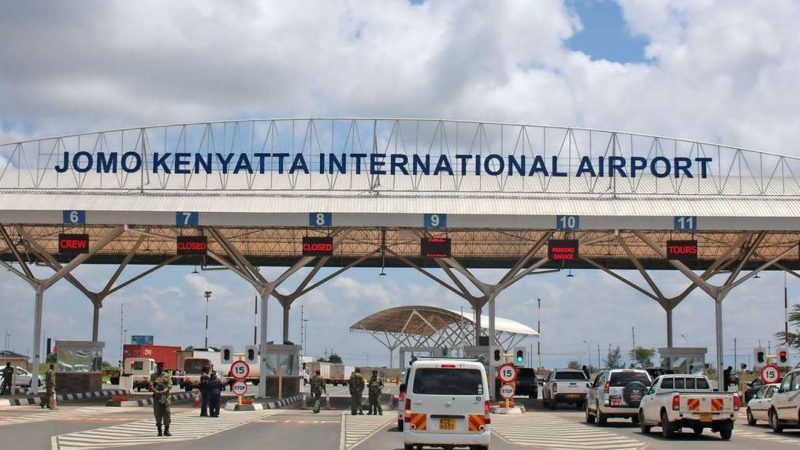
COVID-19 Effects On Kenya Tourism
Since March 2019, when the 1st coronavirus case was reported in Kenya, the number of tourists has sharply declined due to restrictions to reduce the spread of the virus. Anecdotal forecasts suggest that the country will record negative growth in the number of visitors as its major markets including India, the USA, China, the UK, Italy, Germany and France are among the most affected by this pandemic, curtailing tourists from those countries from traveling to Kenya.
2) Impact on revenues
COVID-19 induced a drop in arrivals, and this will hurt income and unemployment in Kenya. Tourism generates revenues through taxes on incomes from hospitality businesses, levies on tourists, park entry fees, departure taxes as well as indirect revenue through taxes levied on goods and services. This has multiplier effects on the tourism industry’s value chain. However, these streams of revenue have plummeted because tourists are no longer coming. Besides, domestic tourism has also been curtailed due to coronavirus.
3) Impact on employment
 The growth of tourism in Kenya had created a host of employment opportunities. The tourism establishments in 2019 directly employed millions of people in tourism’s supply chain. However, ever since COVID-90 started, businesses have lost huge sales in tourism. As a result, many employees in tourism have either been sent home or sacked.
The growth of tourism in Kenya had created a host of employment opportunities. The tourism establishments in 2019 directly employed millions of people in tourism’s supply chain. However, ever since COVID-90 started, businesses have lost huge sales in tourism. As a result, many employees in tourism have either been sent home or sacked.
4) Impact on attractions
A land of contrast, Kenya offers a multiplicity of tourist attractions including rich biodiversity, coastal beaches, beautiful scenery, rich socio-cultural heritage, and interesting wildlife. However, most tourists come to Kenya for wildlife viewing opportunities. Revenue from wildlife tourism is crucial in funding biodiversity conservation, livelihood programs, wildlife security, and employment for members of the community. Revenue sharing arrangements between local communities and KWS as well as dividends paid to landowners from income garnered in community conservancies are incentives for sustainable environmental practice. But with wildlife tourism not generating revenues, KWS has stopped revenue sharing, conservancies have stopped paying dividends and people have lost jobs leading to hardships. This may lead to increased wildlife poaching, unsustainable land-use patterns, and illegal grazing thus reversing the gains made over the past few decades.
5) Impact on hotels
Hotel accommodation in Kenya was 80% booked before the outbreak of coronavirus. However, the imposition of stringent containment measures ever since the detection of cases in the country has triggered many tourists to cancel their bookings, forcing many accommodations and hotel establishments to either operate at lower levels or close down. This has triggered massive losses and hotels had to either lay off or put many employees on furlough closures.
6) Impact on transport
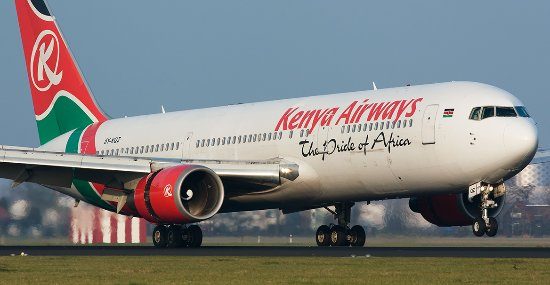 It is very difficult for any destination to survive without railways, airlines, and other means of transport. The suspension of international travel, forcing many people to cancel, has pushed airlines into severe strain.
It is very difficult for any destination to survive without railways, airlines, and other means of transport. The suspension of international travel, forcing many people to cancel, has pushed airlines into severe strain.
Long term tourism effect
Whilst tourism in the past has proven to be resilient to terrorism, recession, violence, pandemics, and natural disasters, none of these events has ever had such an impact on the economy, especially the tourism industry, as COVID-19. Its impact will likely last longer rendering the future dim and the road to recovery uncertain. Much will depend on the appropriate policy to mitigate the COVID-19 effects. It should also include a kickstart of a rebirth of the tourism industry in Kenya.
References
Ondicho, T. (2021). Impact of Covid-19 on Tourism in Kenya: Strategies for Recovery. Kenya Policy Briefs, 2(1), 45–46. Retrieved from https://uonresearch.org/journal/index.php/kpb/article/view/33


